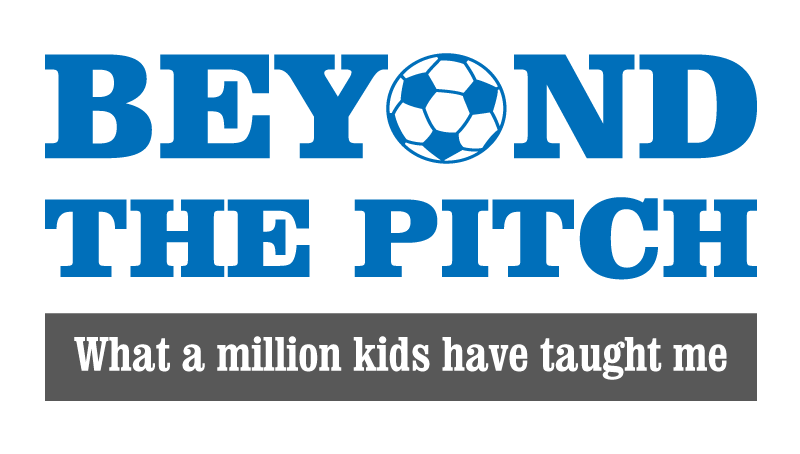
© Tom Wang / Adobe Stock
Power Struggles & Power Moves: The Battle Of The Threenager
May 18, 2020
I saw a comment on social media awhile back that read, “Threenager is no joke.” For years I have said there isn’t much difference between toddlers and teenagers except a decade of experience, so I was amused someone finally coined a term that aptly describes having a toddler (or a teenager, or both!).
Though toddlers and teenagers are going through different physical changes, other developmental changes are quite similar. Both are trying to differentiate from their parents, find their independence and figure themselves out. The problem? Neither have the maturity or verbal skills to understand, much less discuss, their feelings and needs—and sometimes that means their emotions come out sideways in naughty behavior.
"The result is often a lot of misunderstanding and frustration."
The result is often a lot of misunderstanding and frustration. While there is no way to get through these years without a few ups and downs there are things parents can do to help kids find their voice in positive ways.
Be their parent
Kids have friends. What they really need are parents who provide structure, guidance, unconditional love, clear boundaries and even healthy consequences for poor choices. When kids have a nurturing, consistent home filled with love and boundaries they feel safe. When they feel safe they are more likely to engage in prosocial behavior and rely on loved ones for support. They’ll continue to test the boundaries, but they’ll secretly appreciate the safety net.
The result? Healthier relationships, clear expectations and feeling valued.
Give a little, get a little
Much of what we see with toddlers and teenagers can be simplified into one concept: power struggles. Kids are fighting for what they think they need. Parents are fighting against the uprising and “loss of control.” The irony of the situation is that in the end both parties want the same thing—independent adults.
Giving your child some age-appropriate control doesn’t diminish your authority. It shows them you recognize that they are capable of thinking for themselves and models important skills such as listening, understanding and compromise. Try one or a few of these simple strategies to avoid power struggles and see which strategy works best for your family.
Validate them as people
You may not agree with their choices or point of view but if you take time to discover, understand and possibly even embrace what interests them (whether it’s TV, music, clothing or sports) you will be more in tune with who they are as people. If you can find beauty in their interests, you can find common ground, which fuels conversation, builds your connection and validates them as people.
Hang in there!
Be kind to yourselves and others.
Until next time,

Recent Posts
Revive From Burnout
It’s been a while since I’ve written. Finding the time and my voice has been a bit challenging. And honestly I’ve been pretty burned out. Here are three things I’ve done to get back on track and revved up for a new year. Read more.
Tips for Back-to-School 2021
Are you wondering how to manage the back-to-school process this year? Emotions about returning to school may be running a little high. Read on to discover some tips for coping. A little pre-planning will go a long way. Read more.
Behavior on the Slide? Learn the Signs of Stress in Your Child
A child’s behavior can reveal a lot about how they’re feeling. Check out how you can help your child learn to understand and manage their emotions in healthy ways. Read more.





